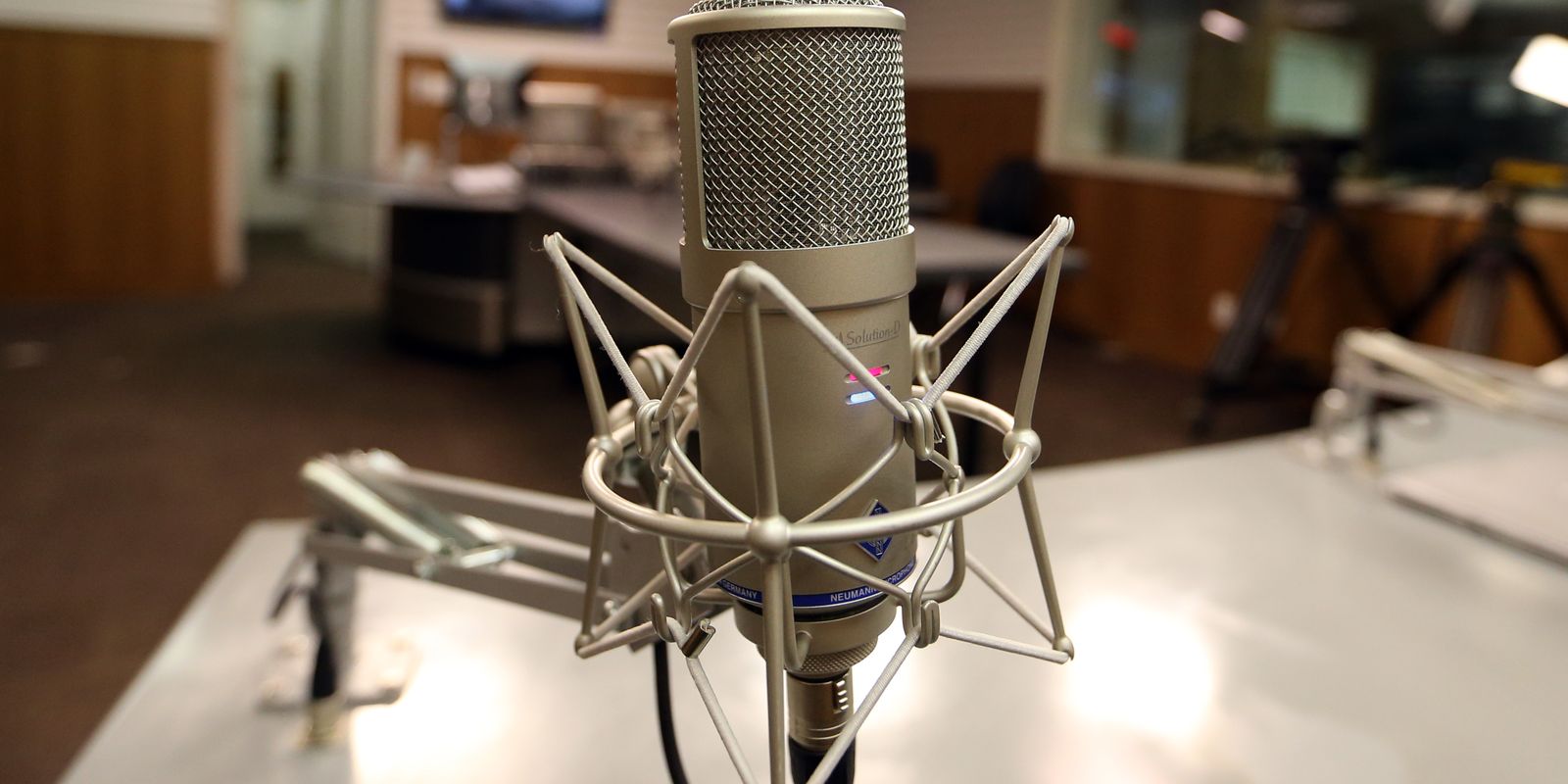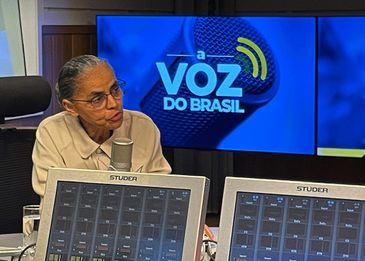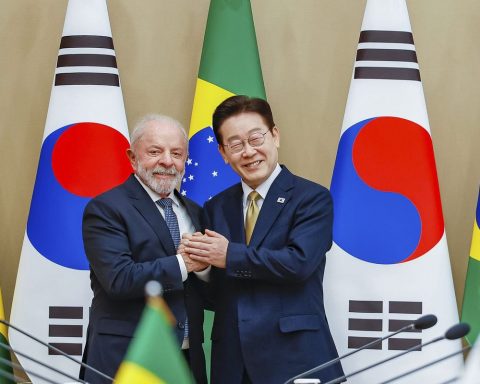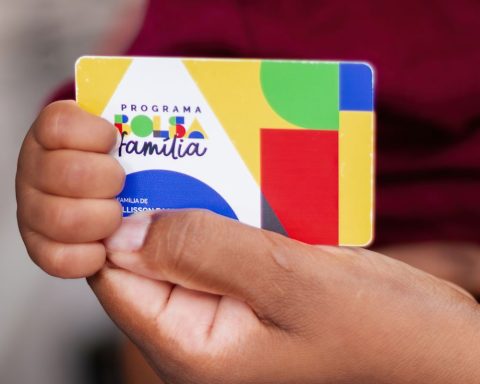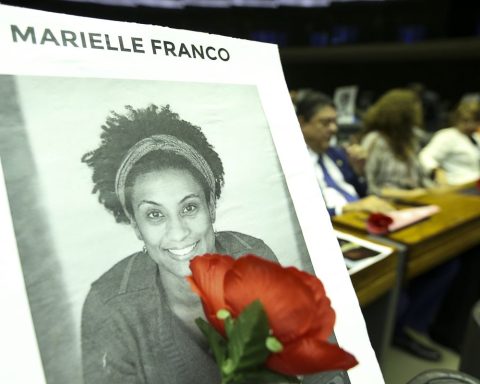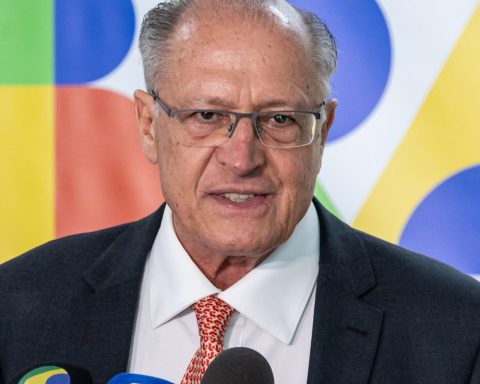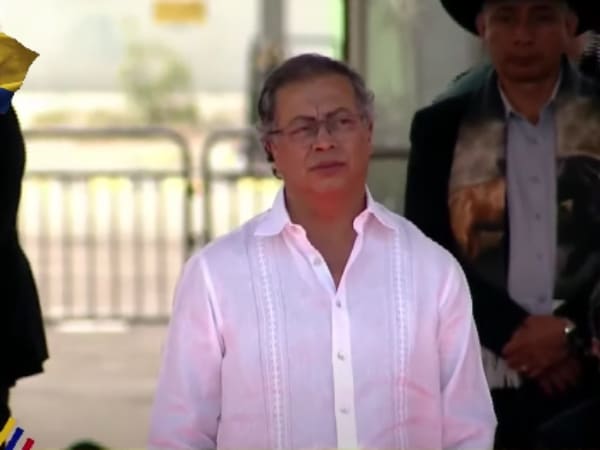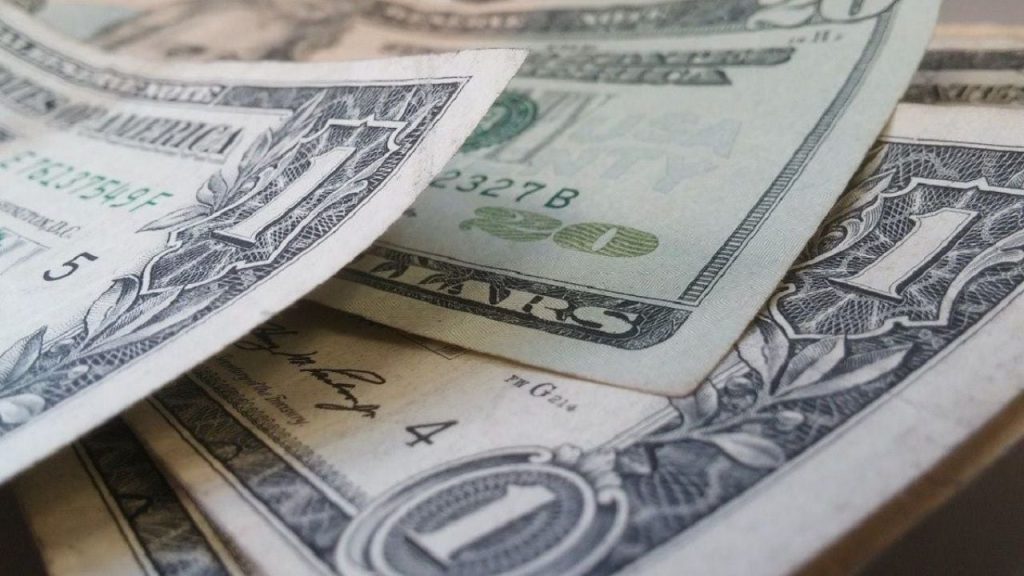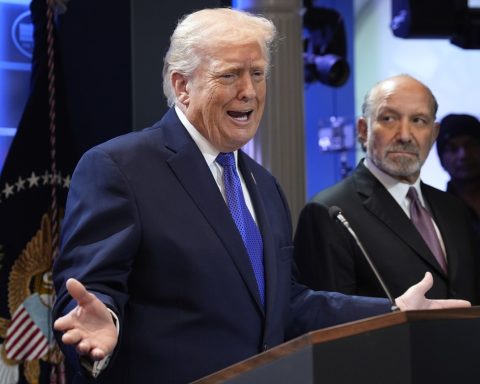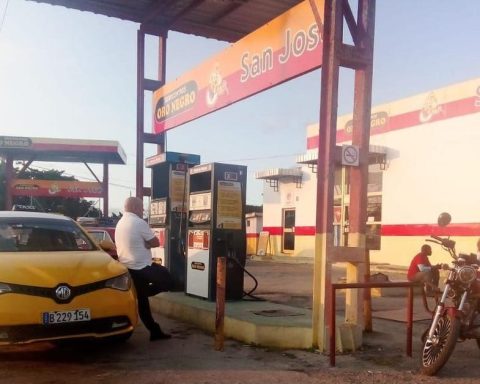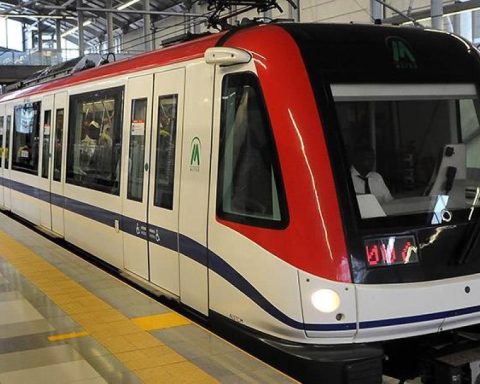Two songs dominate the night on Mumbaça FM Community Radio: a people’s radio (104.9). First, at 7pm, The Guaraniby Carlos Gomes, announces the beginning of The Voice of Brazila program that completes 89 years of broadcast this Monday (22).
The other song that moves the Mumbaça quilombola community, in the city of Traipú (AL), is Hymn to Negritudewhich plays at 8 pm, as soon as the historic program ends. In addition to the music, the station brings information to the 400 families who live there.
“Voz do Brasil is important to us because of the news,” says farmer Manoel Oliveira, 53. As he is the administrator of the community’s residents’ association, he also works at the radio station.
“That’s how we know what’s going on in the ministries, in Congress and in the courts. Farmers make a point of keeping up with things.” In the area, they practice subsistence farming mainly with cassava, corn, beans, yams and peanuts. “I keep up with The Voice of Brazil always here on the radio”.
Unified alternative
The program is still mandatory to broadcast in the country, but its schedule has been made more flexible. According to professor and researcher in communications Nelia Del Bianco, from the University of Brasília (UnB), The Voice of Brazil fulfills the role of government communication to inform the population of achievements of public interest.
“Therefore, it is not intended for propaganda, but for qualifying information for people who need to know how the taxes they pay directly or indirectly are applied.”
For Professor Luiz Artur Ferraretto, head of the Radio Studies Center at the Federal University of Rio Grande do Sul (UFRGS), the radio program ends up offering a more unified alternative for public communication, with a view to respecting spaces for powers and political parties with a more balanced distribution of content:
“I think it is very relevant because it reaches all Brazilians who want to receive this information. All you need to do is tune in to the radio station closest to you at certain times.”
The news
Also a leader of the Armada quilombola community, José Alex Borges Mendes, 47, in the municipality of Canguçu (RS), says that radio is a vehicle that reaches everyone since there is less of a habit of reading the news. He understands that The Voice of Brazil helps to understand social programs and laws.
“I think it is very important to have this mechanism to be able to inform this population that lacks information.” He listens to the program on his battery-powered radio at home. The Armada community has 60 families.
“We are anxiously waiting to be able to obtain our titles in our territory. But, on the other hand, we know that there is a conflict between civil society and big business to return our territory.”
Strategy
According to researchers, radio continues to be a strategic vehicle for the country, including as a means of integration and information tool in times of disaster, as occurred in Rio Grande do Sul this year. Professor Nélia Del Bianco states that radio audiences in the country are still significant.
“Interest in news reaches 45% of radio audiences,” says the UnB professor. She mentions that, on average, a person listens to three to four hours of radio, an average time that can be longer in the interior of the country. “In emergencies, it resists power outages because it can be heard on a battery-powered radio. It is the last to remain silent in the face of adversity.”
UFRGS professor Luiz Ferraretto explains that regions of his state were left without local vehicles. “In this type of region, the need for action by the public authorities is evident. In this sense, The Voice of Brazil becomes very relevant for these regions.”
Belonging
The stories of communities are reminiscent of the functions that historically The Voice of Brazil fulfilled in the interior of the country. One of them is remembered by the Minister of the Environment, Marina Silva.
She remembers the image of her rubber tapper father waiting for the program to start… According to her, everything could change depending on the news that would be brought. She says that through radio, people could understand more about their community, which is linked to a city, a state and a country.
“I had very strong experiences. I remember that my father, when he took over the [presidente Emílio] Garrastazu Médici (1969), at the time of the dictatorship, with his ear glued toThe Voice of Brazil (…). He looked at my mother and said: “You didn’t say anything that would increase the price of rubber”, recalled the minister in an interview with National Radiofrom the EBCin September of last year.
“He listened to A Voz do Brasil, the BBC from London, and Radio Tirana from Albania. All because he kept switching from news to news.”
